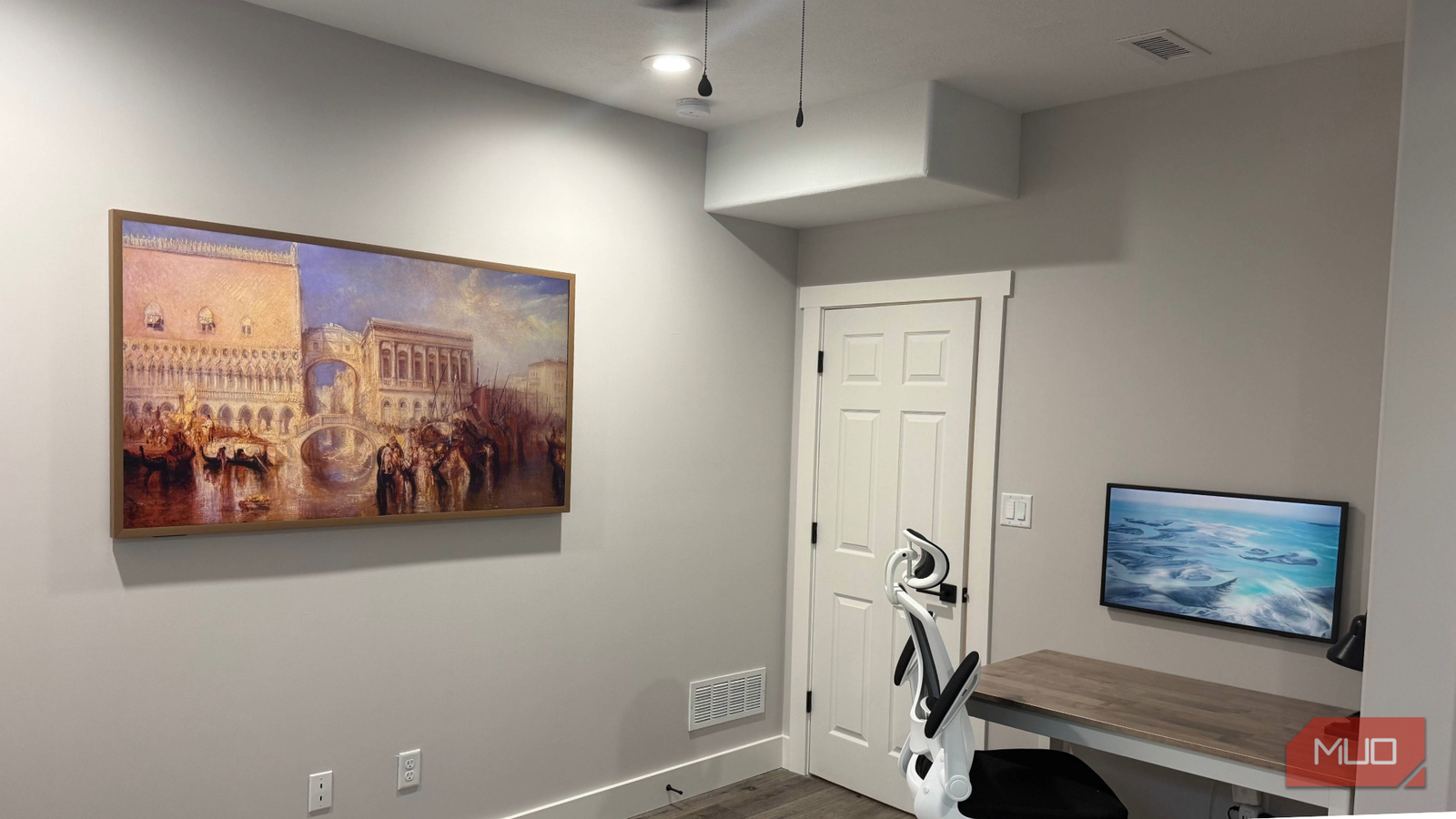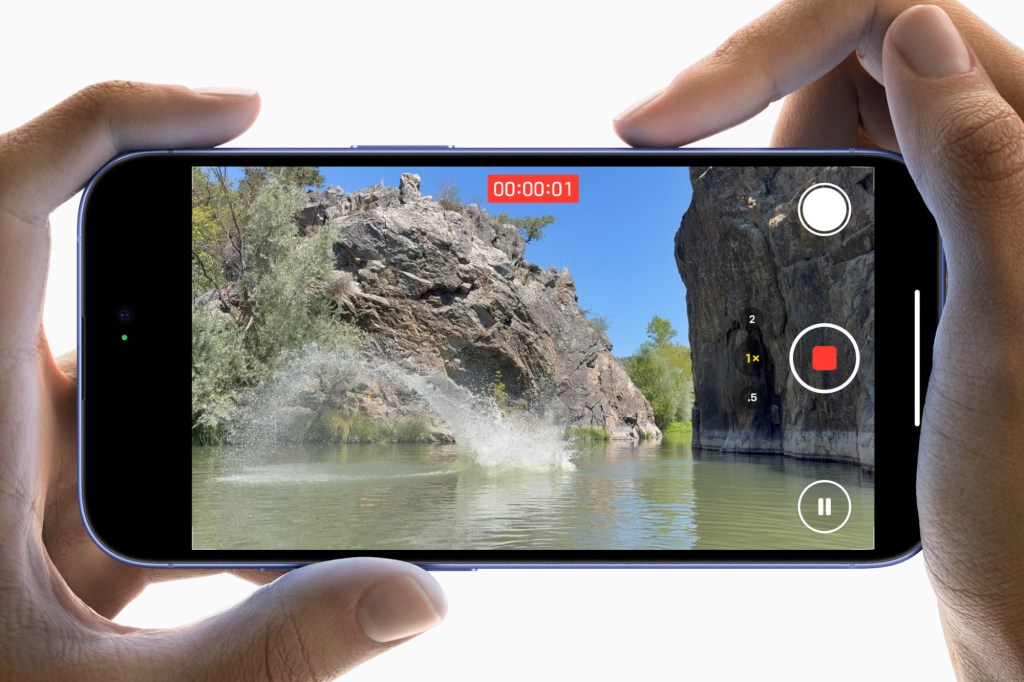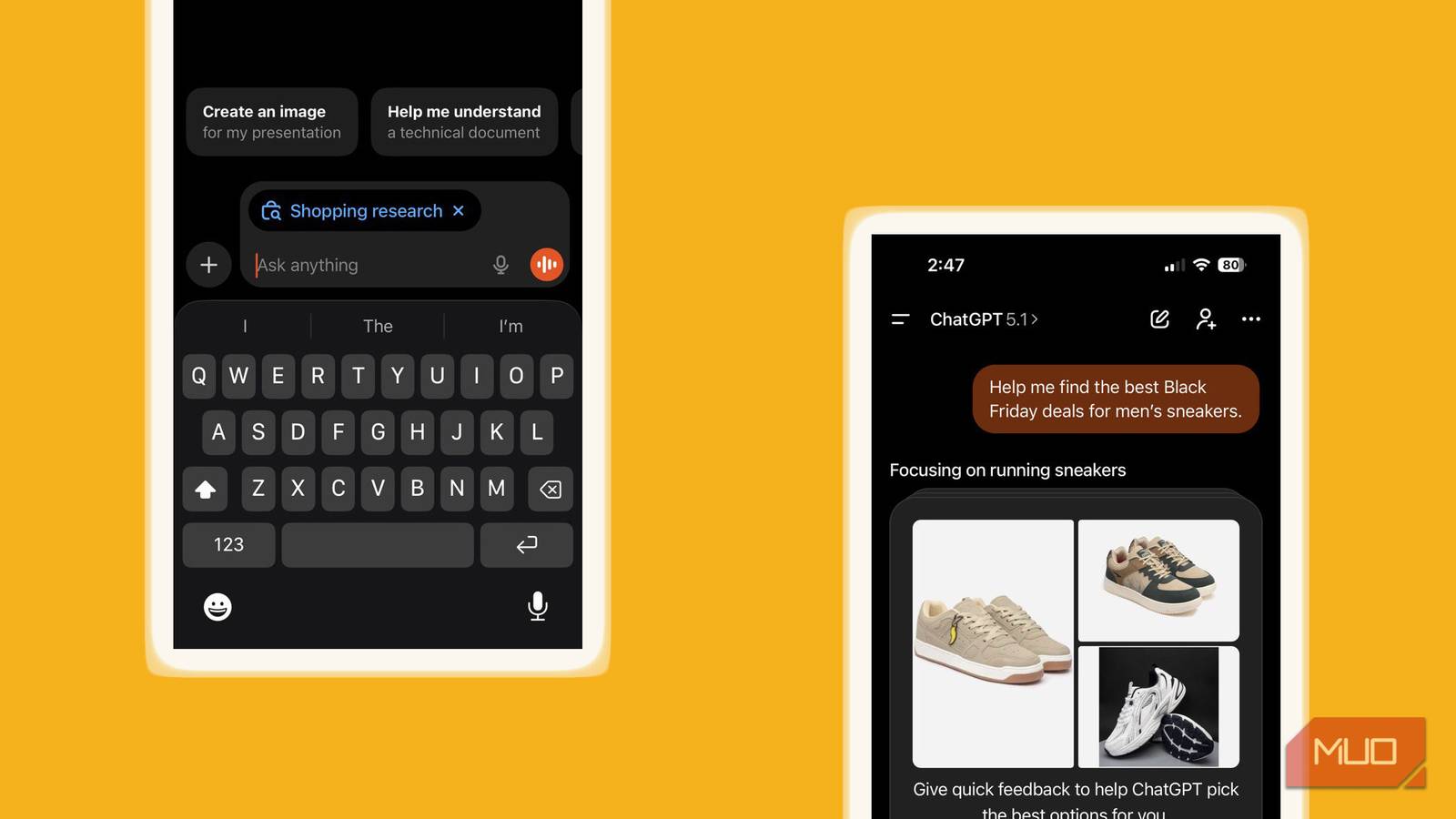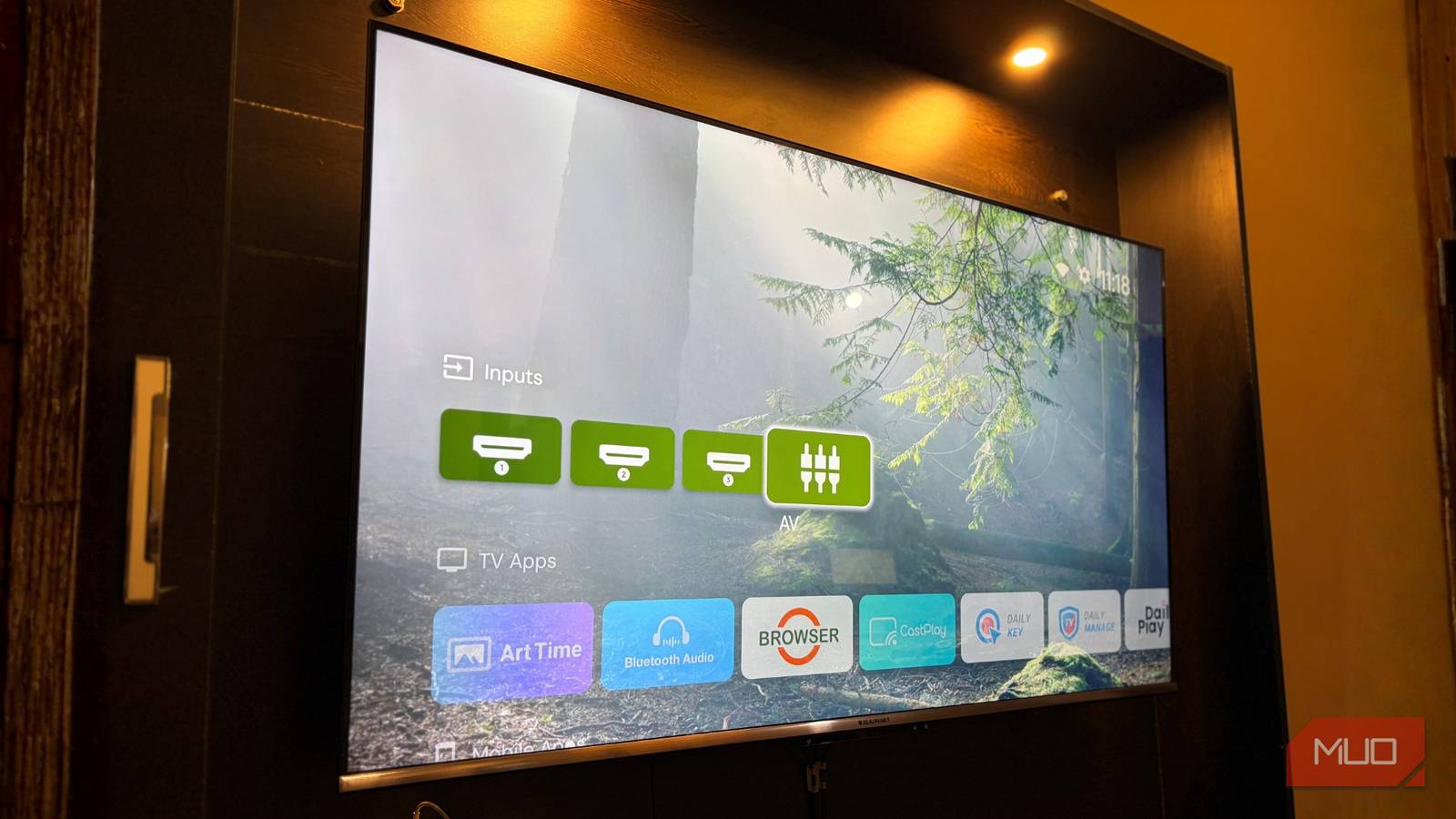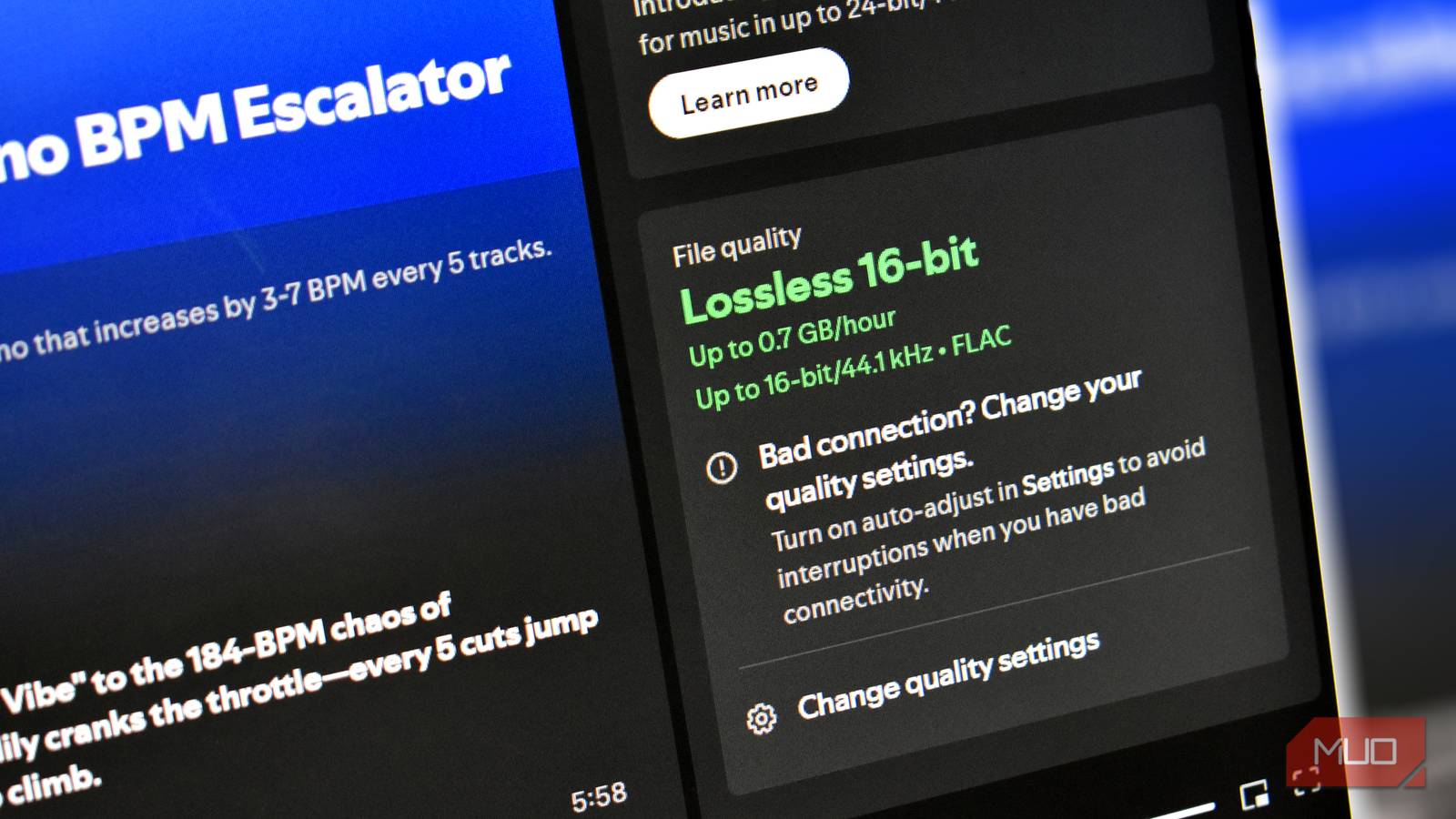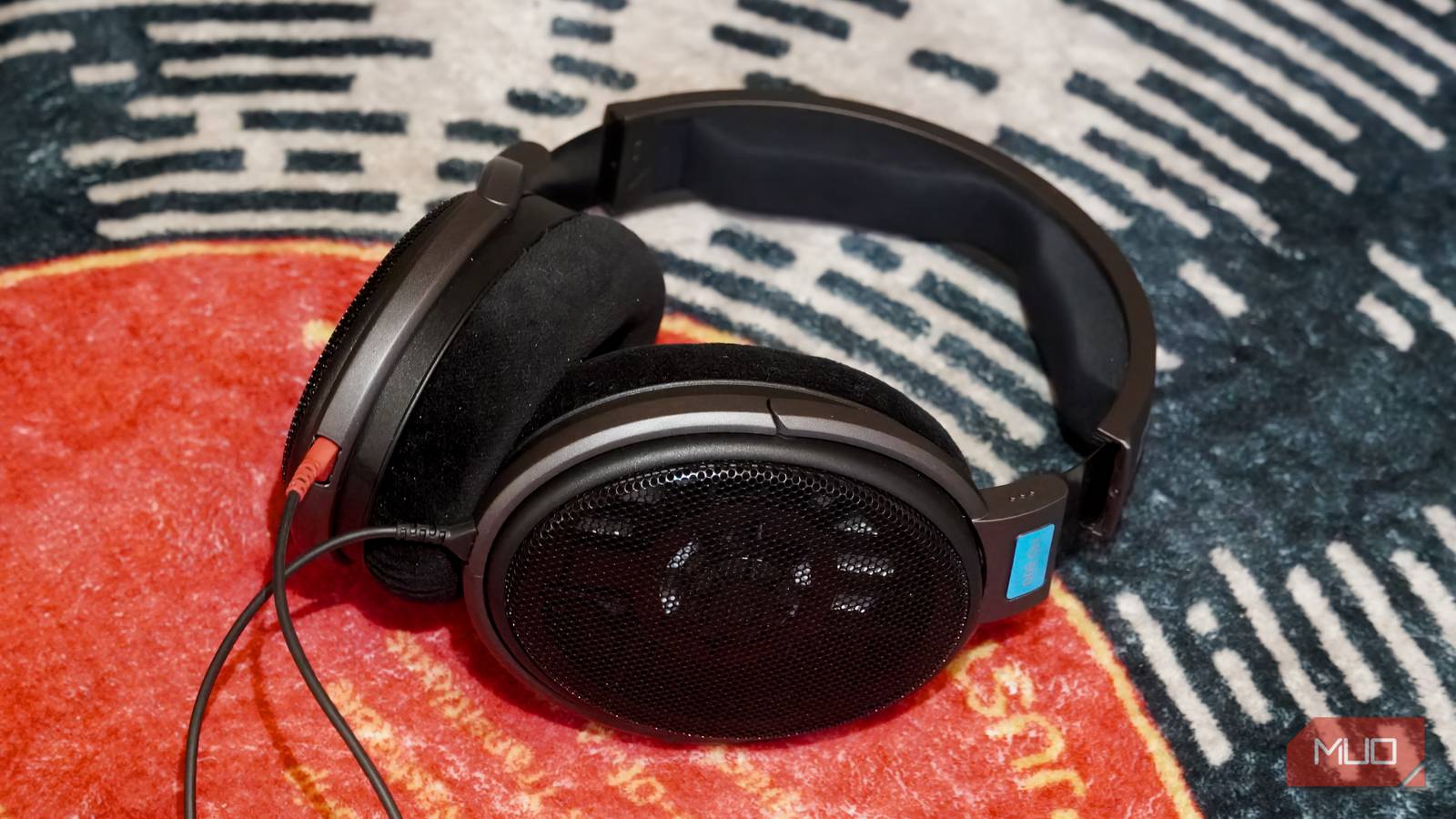Holiday shopping is stressful. For me, the speed bumps are shopping for my Gen Z nieces whose tastes keep changing every day, and the flood of Black Friday or Christmas deals. ChatGPT’s new Shopping research option could help all of us spend a little less time mired in dozens of open retail tabs and hunt for the best deals. A conversational AI-powered shopping experience could be the solution for too many deals, too many product variations, and way too many reviews we digest near the holidays. ChatGPT hopes it will reduce our decision fatigue, while I hope to avoid impulsive decisions fueled by misleading “best seller” labels.
Pick the right products without the overwhelm
When you ask a shopping-related query (like, “Recommend the best tablet under $400 for taking notes.”), ChatGPT doesn’t instantly switch over to the Shopping research tool. It answers in the default manner and gives the option to go to the Shopping research tool below the answer. To speed things up, select the Shopping research option in the chat dropdown and then start your research.
If you use a more vague prompt like, ”Bluetooth speaker Black Friday Deal,” it will take you through a few questions to find your preferences. Instead of sending you to stores, it presents curated product cards with quick summaries, pros and cons, and key specs. I like that the focus of the tool so far is on clarity rather than promotion. As everything is written in plain English, it’s easier to understand than pages of marketing jargon.
ChatGPT says that each product card is generated by analyzing patterns from user reviews, expert testing, and spec sheets from trusted sites. And it’s easy to see which products the AI scanned for the results. I noticed a few that didn’t belong to that category, but this was cleaned up by the AI later in the finished results.
It performs especially well in detail-heavy categories like electronics, beauty, home and garden, kitchen and appliances, and sports and outdoor.
My first shopping query took just 20 seconds. The research was almost instantaneous, and the format of the result was far more scannable than a typical Google or Amazon result. The best thing about shopping with chatbots is that I can ask follow-up questions. The search for the best tablets can lead to asking about which ones have a stylus or the best keyboards. I can move up or down with my budget with a prompt like “Only show me options under $300”, and the list updates instantly. Guiding it by marking items as “Not interested” or “More like this” helps the model adapt.
If you’re shopping for holiday gifts, this flexibility is a fantastic shortcut. Ask “What’s a good tech gift under $75 for a teen who loves photography?”, and you’ll get a clean list of options you can compare in moments. The AI cuts through the noise and helps you make confident, reasoned decisions faster than traditional shopping sites. So far, ChatGPT feels like having a shopping concierge on call.
A more tailored experience compared to Amazon and Google
Better context, cleaner comparisons, and no sponsored results (so far)
By now, we know that traditional shopping sites like Amazon and searches on Google are great for browsing and impulse purchases. But ChatGPT (and even Microsoft Copilot as a personal shopper) is designed for reducing the friction between research and decisions. As a more analytical tool, its focus is on explanations and not on sales. The most obvious thing that leaps off the page is the absence of sponsored listings. No ads and no paid-for product placements.
The usual product listings via an Amazon or a Google search are terrible at context. I think this is where a chatbot conversation takes it up a notch. With each prompt, the Shopping research tool gets more context and thus distills the right results. Amazon’s Rufus and Google’s Gemini are tuned for personal shopping, but ChatGPT’s Shopping research feels like a better fit for natural dialog.
With ChatGPT, I can continuously refine my query to make the results more relevant. For instance,
– I don’t want a touchscreen.
– Battery life is more important than performance.
– I need something that fits in a small backpack.
From my initial experiments, the comparison tables are also less cluttered. Best of all, you can customize them as you want with prompts. If traditional shopping platforms are catalogs, ChatGPT feels like a reviewer who has already done the homework and explains everything clearly.
Convenience makes every purchase easier
Make Shopping research the first step of your deal hunt
Like every other use of artificial intelligence in our lives, the benefits of personalized buyer guides, interactive product comparisons, and convenience are easy to see. In my early runs with it, Shopping research has drastically reduced my decision fatigue. It’s not that I am not reading reviews, comparing specs, or scanning YouTube recommendations anymore. But this is becoming the second stage of research when I have time. The number of options for deals is on the lower side, so I think saving more with sales will require manual rummaging on the retail sites. That said, the ability to ask follow-up questions is making shopping feel more enjoyable. I can apply reasoning with my prompts and make mindful purchases.
It’s early days, so consider the drawbacks with the benefits
I haven’t spotted any telltale clues of bias so far. That’s a plus when we start to think of some of the potential drawbacks of using artificial intelligence for everyday tasks. After all, ChatGPT remembers everything about you. It’s a language model, so inaccuracies with pricing and product details can crop up. Verify details on the retail sites and do due diligence for every purchase. If you are searching for niche products, the data might not be sufficiently available for ChatGPT to give you nuanced answers. Finally, let’s hope phishing links don’t find their way into our shopping conversations anytime. It might benefit us to think of it as a sharp research assistant rather than a magical AI shopper. Shopping research is available on ChatGPT’s Free, Go, Plus, and Pro plans, with unlimited usage of the feature for all plans.

